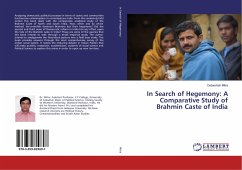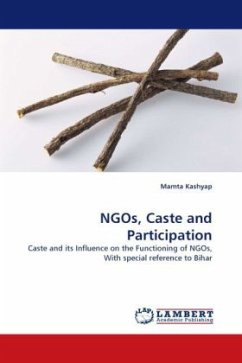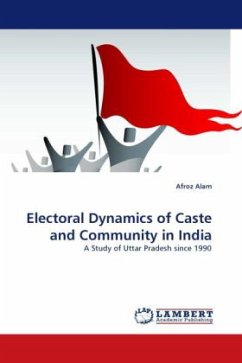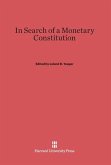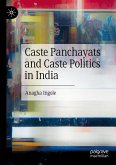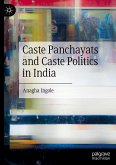Analyzing democratic political processes in terms of castes and communities has become commonplace in contemporary India. From this commonly held notion this book deals with the comparative analytical study of the Brahmin Caste of North and South India. How, when and by which method the erstwhile dominant Brahmins lost their hegemony? Did the second and third wave of Democratic reform in India has any effect upon the fate of the Brahmin caste in India? These are some of the queries that this book intends to seek through a detail empirical study. The author intends to amalgamate the theoretical posture into a field base study. This book provides answers through the most comprehensive survey of the Indian social system. It revisits the enduring debate in Indian Politics that will make pundits, researcher, academicians, students of social science and Political Science to explore this arena in order to open up new territory.
Bitte wählen Sie Ihr Anliegen aus.
Rechnungen
Retourenschein anfordern
Bestellstatus
Storno

